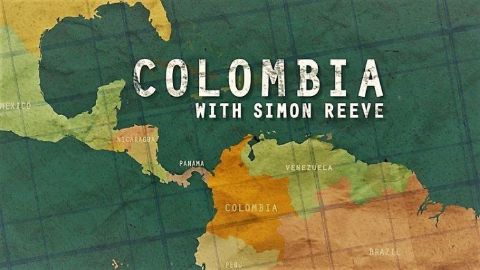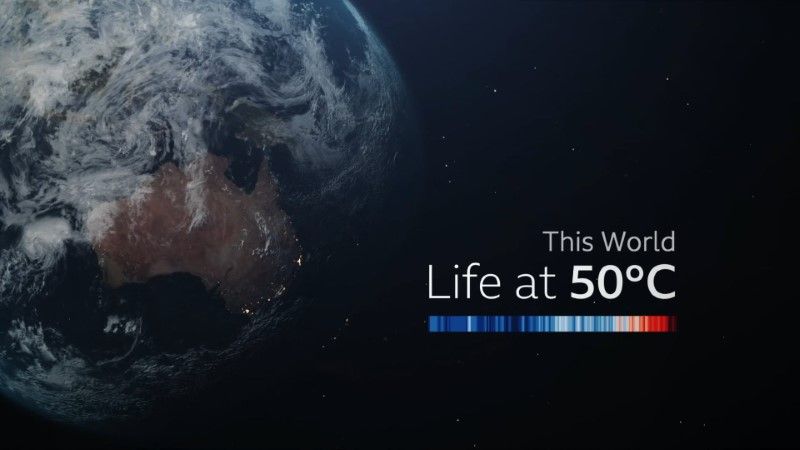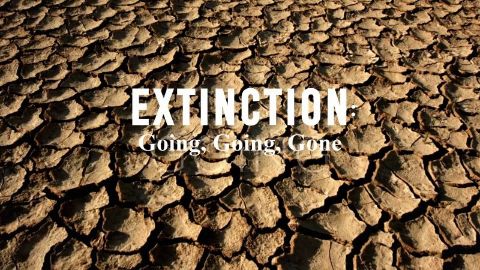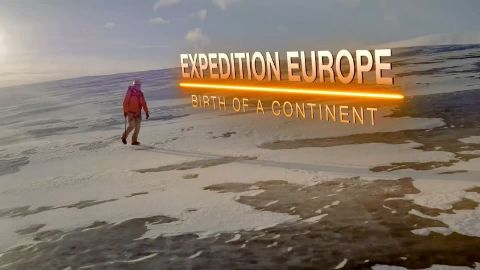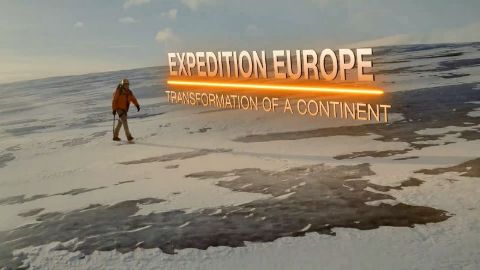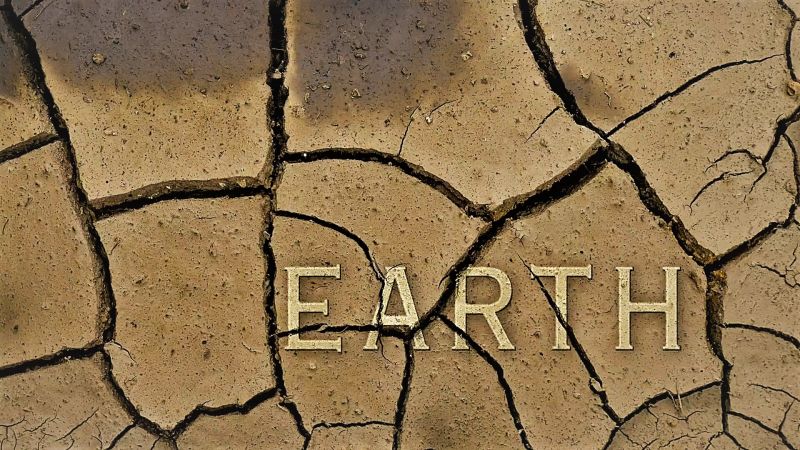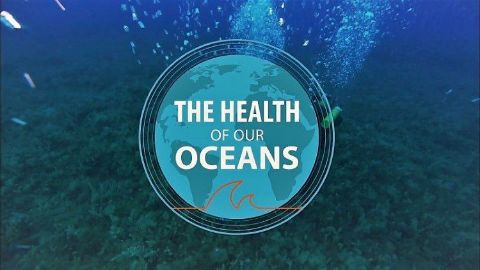Life at 50°C • 2021 • This World
With 2021 set to be the hottest year on record, millions of people around the world will have their health, livelihoods, and lives endangered by high temperatures. This documentary explores the devastating impact extreme heat has across the globe, and tells the human stories behind climate change, from water shortages in impoverished areas, to people being forced from their homes to escape life-threatening temperatures.
Make a donation
Buy a brother a hot coffee? Or a cold beer?
Hope you're finding these documentaries fascinating and eye-opening. It's just me, working hard behind the scenes to bring you this enriching content.
Running and maintaining a website like this takes time and resources. That's why I'm reaching out to you. If you appreciate what I do and would like to support my efforts, would you consider "buying me a coffee"?
Donation addresses
BTC: bc1q8ldskxh4x9qnddhcrgcun8rtvddeldm2a07r2v
ETH: 0x5CCAAA1afc5c5D814129d99277dDb5A979672116
With your donation through , you can show your appreciation and help me keep this project going. Every contribution, no matter how small, makes a significant impact. It goes directly towards covering server costs.

